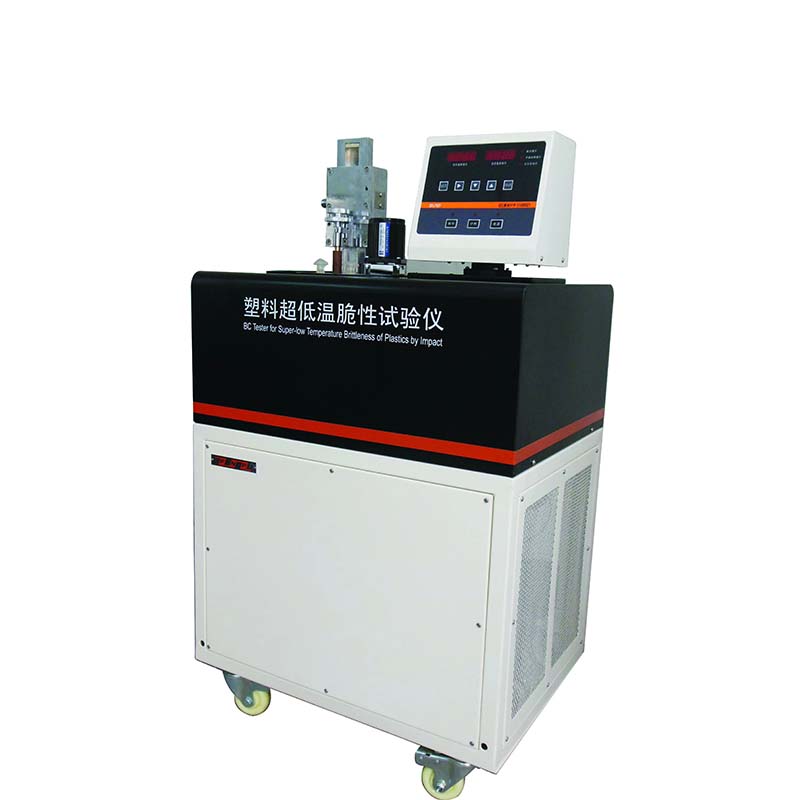resistance measurement equipment suppliers
The Importance of Resistance Measurement Equipment and Top Suppliers
In the field of electronics and electrical engineering, the measurement of resistance is crucial for ensuring the efficiency and safety of various components and systems. Resistance measurement equipment is used to determine the resistance of materials and components in circuits, which is essential for both development and troubleshooting. This article will delve into the significance of resistance measurement, types of equipment commonly used, and leading suppliers in the market.
Understanding Resistance Measurement
Resistance, measured in ohms, quantifies the opposition that a substance offers to the flow of electric current. Knowing the resistance of an electronic component helps engineers to design better circuits, prevent overheating, and ensure proper functioning. Accurate resistance measurements are critical in various applications, including the design and testing of circuit boards, motors, transformers, and batteries.
The ability to measure resistance with precision can significantly impact the performance and reliability of electronic devices. For instance, in automotive applications, understanding the resistance in sensor circuits can prevent miscommunication between components, while in manufacturing, it ensures quality control of batch-produced items.
Types of Resistance Measurement Equipment
Resistance measurement equipment varies based on the application and the required accuracy. Some common types include
1. Digital Multimeters (DMMs) These versatile tools can measure voltage, current, and resistance. They are user-friendly and suitable for both beginners and professionals. High-quality DMMs can provide accurate readings and come equipped with features such as data logging and Bluetooth connectivity.
2. Resistance Bridges Used in laboratory settings, these devices offer high precision in measuring small resistances. They are particularly useful for calibration purposes and for verifying the resistance of precision resistors.
3. Micro-ohmmeters These specialized instruments measure very low resistances with high accuracy. They are often used in applications such as testing the resistance of circuit breakers or assessing the quality of welds.
4. Insulation Resistance Testers These devices are crucial for measuring the resistance of insulation materials, ensuring safety in electrical installations. They help identify aging or degraded insulation, preventing electrical failures.
resistance measurement equipment suppliers

5. Four-Wire Measurement Systems This method eliminates the impact of lead and contact resistance by using separate pairs of leads for supplying current and measuring voltage. This technique is ideal for measuring low resistances with high accuracy.
Leading Suppliers of Resistance Measurement Equipment
Several suppliers specialize in providing high-quality resistance measurement equipment. Below are some of the most recognized names in the industry
1. Keysight Technologies Renowned for its innovation and high-quality testing equipment, Keysight offers a range of DMMs and resistance measurement devices suitable for various applications.
2. Fluke Corporation A trusted name among electricians and engineers, Fluke produces reliable and robust multimeters, insulation testers, and precision resistance measurements, ideal for fieldwork and laboratory settings alike.
3. Tektronix Known for its cutting-edge technology, Tektronix provides advanced measurement solutions, including oscilloscopes and resistance measurement tools, tailored for sophisticated applications in research and development.
4. Chroma ATE Specializing in automated test equipment, Chroma ATE offers comprehensive solutions for electronic manufacturing and testing, including precision resistance measurement tools.
5. Hioki This brand is recognized for its high-quality measuring instruments, including insulation resistance testers and DMMs, known for their accuracy and reliability.
Conclusion
Resistance measurement is a fundamental aspect of ensuring the performance and safety of electronic components. The right equipment not only enhances measurement accuracy but also contributes to overall system reliability. As industries continue to evolve with technological advancements, the role of high-quality resistance measurement equipment and its reliable suppliers will remain pivotal in fostering innovation and maintaining safety standards in electrical and electronic engineering. Investing in the right tools and partnerships will lead to improved outcomes and efficiencies across various applications.
-
The Role of Tensile Force Testers in Quality Control and Material Science
NewsAug.01,2025
-
Maintenance and Safety Tips for Aging Ovens
NewsAug.01,2025
-
Density Balance in Forensic Science
NewsAug.01,2025
-
Advanced Optical Measurement Technologies
NewsAug.01,2025
-
A Buyer’s Guide to Tensile Test Machines
NewsAug.01,2025
-
Why the Conductor Resistance Constant Temperature Measurement Machine Redefines Precision
NewsJun.20,2025
 Copyright © 2025 Hebei Fangyuan Instrument & Equipment Co.,Ltd. All Rights Reserved. Sitemap | Privacy Policy
Copyright © 2025 Hebei Fangyuan Instrument & Equipment Co.,Ltd. All Rights Reserved. Sitemap | Privacy Policy

